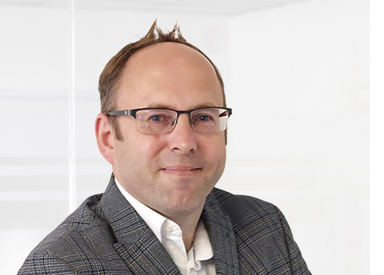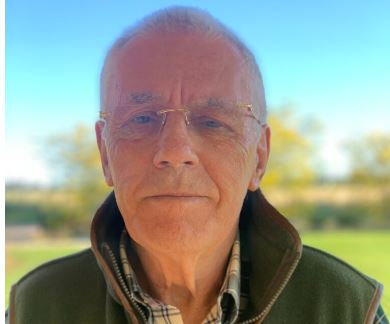OPINION: When Scotland’s Circular Economy Minister, Lorna Slater, confirmed the ban on new energy from waste (EfW) plants in July 2022 – it presented a new and very pressing challenge for waste handlers and local councils: What will they do with their waste?

The 2025 ban on biodegradable matter to landfill is imminent and will require volumes of waste to find a new home unless it is AT4 compliant. Prior to the moratorium on new build EfW, this may well have sparked greater demand for incineration, however no new capacity limits that route.
The recent ‘Alternative Residual Waste Treatment – Biostabilisation’ report commissioned by Zero Waste Scotland, demonstrated that Scotland does not currently have adequate infrastructure to achieve its target of banning this waste stream. What’s more, the recent Scottish Resources Conference made it clear that the market requires significant help and change to meet the pending deadline and tackle the climate emergency.
At present, greater waste exports are predicted as a consequence but this isn’t a responsible long term solution grounded in the values of the circular economy. A more viable incineration exit strategy is, of course, welcome for Scotland – but only when there is the infrastructure elsewhere to handle that waste.
Act local
The answer almost certainly lies in a greater focus on local solutions – especially for a country full of remote and rural communities where the logistics of waste collection and processing are challenging.
The provision of waste services in rural communities is typically more expensive than its urban counterparts due to low density populations, long distances between service-users and providers, and smaller communities that prohibit economies of scale.
Narrow country roads, remote hard-to-access islands and micro-climates all add to the list of difficulties affecting waste service provision, which tend to rely on HGV-led collections. Consider also that these vehicles contribute greatly to CO2 emissions, damage air quality and add to traffic congestion, and it’s clear that better waste solutions have many factors to address. They must tackle geographic challenges, reduce the burden on local road infrastructure and offer greater cost efficiency – all while reducing the impact on the environment.
Instead of taking waste ‘elsewhere’ for processing – cooperation and partnership between local authorities, businesses and waste handlers could drive innovation and create local capacity. For example, a local business in need of an AD plant could partner with a local authority to create a solution for all. When communities think more collegiately, we can achieve greater change.
A better use of collective endeavour would help Scotland to stave off an impending crisis
Recycle more
The newly published Ricardo report, commissioned by Scottish Environmental Services Association, is right to call for Scottish waste infrastructure to shift towards more recycling and reduction of carbon – but we need technology to support this shift and deliver the circular economy.
Even the top performing countries globally for recycling – Germany, Austria, South Korea and Wales – still generate over 40% as residual waste, which requires management and treatment. Even with a greater focus on recycling in Scotland – there will still be a residual waste fraction which requires treatment.
All of this highlights Scotland’s lack of a clear and considered residual waste strategy. But while it would be easy to lambast the decision makers for this lack of detail – a better use of collective endeavour would be to help Scotland to stave off an impending crisis.
To do that, the waste industry must push for the barriers to change to be removed. Inexperienced resources, a lack of urgency in the planning and permitting process and siloed thinking are hindering the adoption of important new technologies.
Innovate now
Whether that relates to AI to improve the accuracy of waste sorting, using Advetec’s biotechnology to make residual waste AT4 compliant or turn it into SRF, or adopting new mindsets to deliver shared community solutions – innovation is vital to Scotland’s waste future.
New technologies and the capacity they create could help Scotland deliver change now, despite challenging economic circumstances and limited time to implement infrastructure. A country full of rural locations and remote communities needs local, flexible, scalable, and innovative waste treatment solutions to deliver change quickly.
Scotland urgently needs a residual waste strategy – and one which gives due consideration to the power of innovation. 2025 is not far away and the ticking clock is getting louder.











Subscribe for free